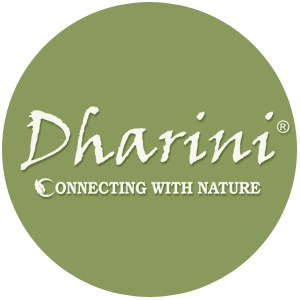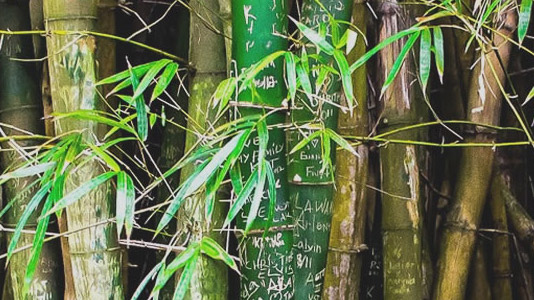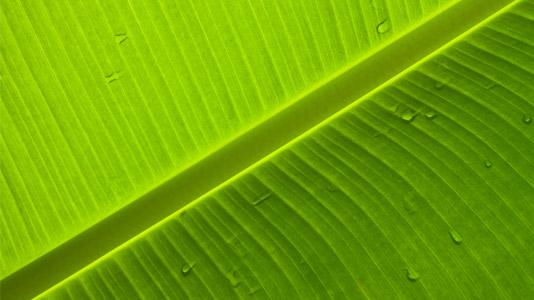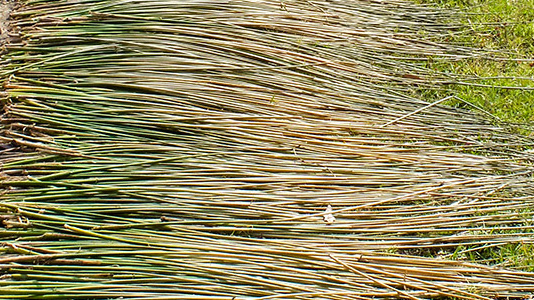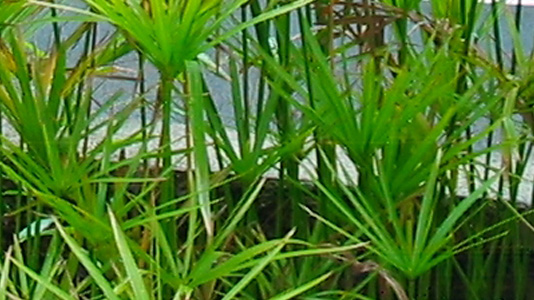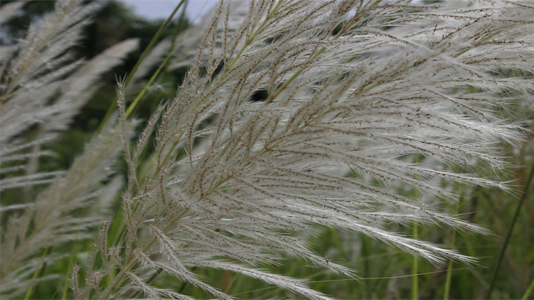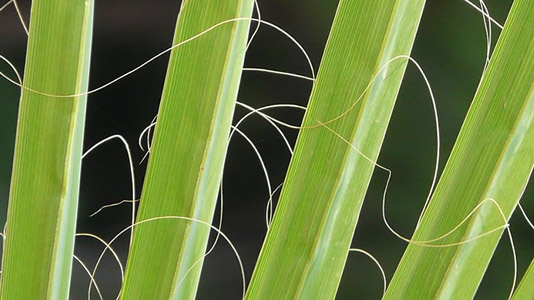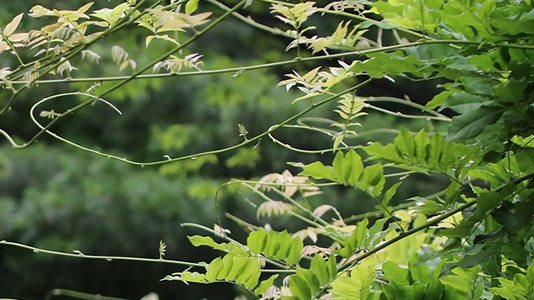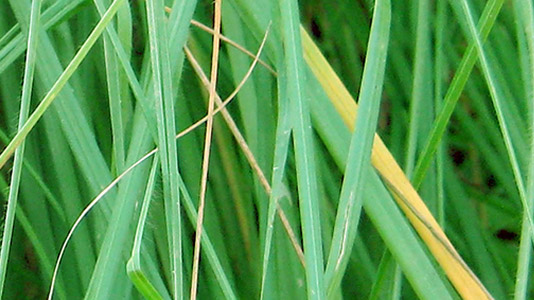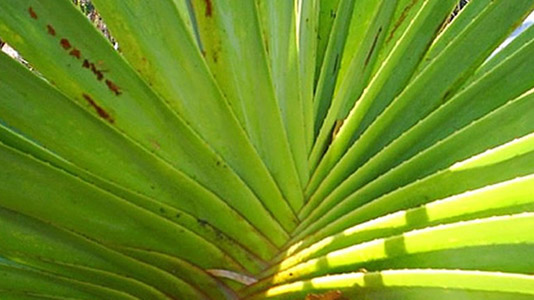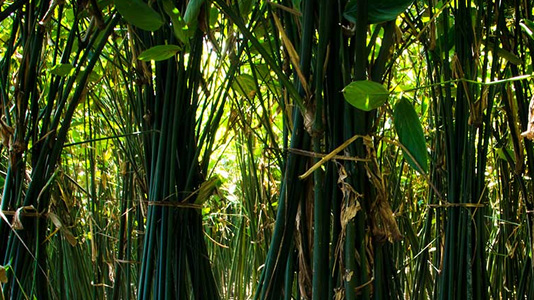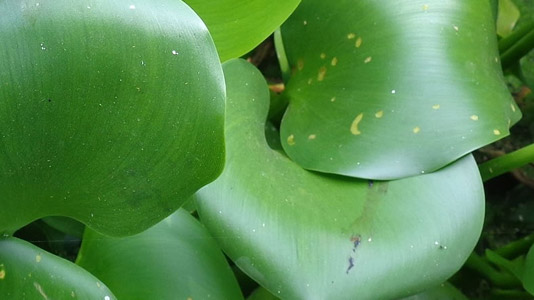Natural Fibres
Natural Fibres are obtained from various parts of the plant ranging from the penetrating roots to the stem, from the delicate shoots to the luscious leaves, and even the bark. These fibres, in particular, those extracted from a leaf, are pliable and strong. The beauty of Natural Fibres lies in the very fact that they possess certain distinctive qualities: they share a common language of colour, texture and tone belonging to the Earth. This unique allegiance to Mother Nature is what makes these fibres so very beautiful. The appearance, feel, and texture of a Bamboo basket is very different from that of a plastic bag.
Grass has been used around the world for centuries to craft items for daily needs. India has a rich legacy of using natural fibres for functional purposes. The Indian landscape, a vibrant mix of tropical and temperate vegetation, is replete with a variety of natural fibres that can be woven into aesthetic items of display and use, with even the most complex of patterns requiring nothing more than a needle, blade and a small wooden hammer.
While Bamboo and cane are the most popular of choices amongst these, the diverse climate of our country facilitates the growth of a number of other wild grasses that can be artistically used like Screwpine, Banana fibre, Sisal fibre, Kora grass, Jute Hemp, Water Hyacinth, Sital Patti, Kauna Reed, Cane Palm, Moonj grass, Wagoo reed, Sikki grass, Cannabis, Flax, Palmyra Palm, Date Palm, Coconut and Areca Palm.
